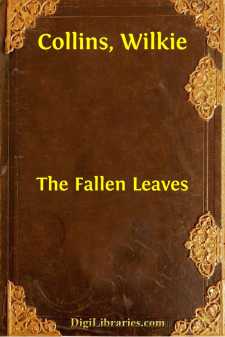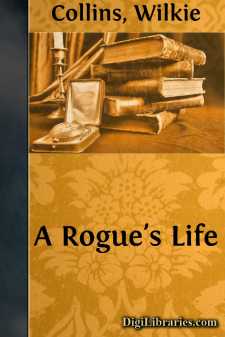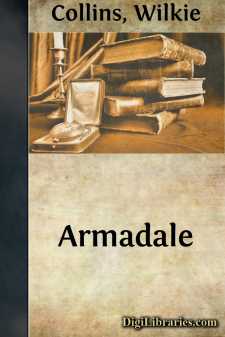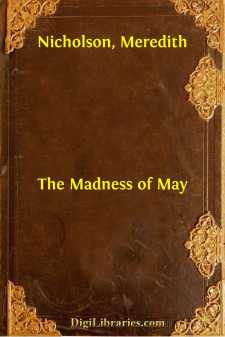Categories
- Antiques & Collectibles 13
- Architecture 36
- Art 48
- Bibles 22
- Biography & Autobiography 813
- Body, Mind & Spirit 142
- Business & Economics 28
- Children's Books 17
- Children's Fiction 14
- Computers 4
- Cooking 94
- Crafts & Hobbies 4
- Drama 346
- Education 46
- Family & Relationships 57
- Fiction 11829
- Games 19
- Gardening 17
- Health & Fitness 34
- History 1377
- House & Home 1
- Humor 147
- Juvenile Fiction 1873
- Juvenile Nonfiction 202
- Language Arts & Disciplines 88
- Law 16
- Literary Collections 686
- Literary Criticism 179
- Mathematics 13
- Medical 41
- Music 40
- Nature 179
- Non-Classifiable 1768
- Performing Arts 7
- Periodicals 1453
- Philosophy 64
- Photography 2
- Poetry 896
- Political Science 203
- Psychology 42
- Reference 154
- Religion 513
- Science 126
- Self-Help 84
- Social Science 81
- Sports & Recreation 34
- Study Aids 3
- Technology & Engineering 59
- Transportation 23
- Travel 463
- True Crime 29
The Fallen Leaves
by: Wilkie Collins
Description:
Excerpt
THE PROLOGUE
I
The resistless influences which are one day to reign supreme over our poor hearts, and to shape the sad short course of our lives, are sometimes of mysteriously remote origin, and find their devious ways to us through the hearts and the lives of strangers.
While the young man whose troubled career it is here proposed to follow was wearing his first jacket, and bowling his first hoop, a domestic misfortune, falling on a household of strangers, was destined nevertheless to have its ultimate influence over his happiness, and to shape the whole aftercourse of his life.
For this reason, some First Words must precede the Story, and must present the brief narrative of what happened in the household of strangers. By what devious ways the event here related affected the chief personage of these pages, when he grew to manhood, it will be the business of the story to trace, over land and sea, among men and women, in bright days and dull days alike, until the end is reached, and the pen (God willing) is put back in the desk.
IIOld Benjamin Ronald (of the Stationers' Company) took a young wife at the ripe age of fifty, and carried with him into the holy estate of matrimony some of the habits of his bachelor life.
As a bachelor, he had never willingly left his shop (situated in that exclusively commercial region of London which is called "the City") from one year's end to another. As a married man, he persisted in following the same monotonous course; with this one difference, that he now had a woman to follow it with him. "Travelling by railway," he explained to his wife, "will make your head ache—it makes my head ache. Travelling by sea will make you sick—it makes me sick. If you want change of air, every sort of air is to be found in the City. If you admire the beauties of Nature, there is Finsbury Square with the beauties of Nature carefully selected and arranged. When we are in London, you (and I) are all right; and when we are out of London, you (and I) are all wrong." As surely as the autumn holiday season set in, so surely Old Ronald resisted his wife's petition for a change of scene in that form of words. A man habitually fortified behind his own inbred obstinacy and selfishness is for the most part an irresistible power within the limits of his domestic circle. As a rule, patient Mrs. Ronald yielded; and her husband stood revealed to his neighbours in the glorious character of a married man who had his own way.
But in the autumn of 1856, the retribution which sooner or later descends on all despotisms, great and small, overtook the iron rule of Old Ronald, and defeated the domestic tyrant on the battle-field of his own fireside.
The children born of the marriage, two in number, were both daughters. The elder had mortally offended her father by marrying imprudently—in a pecuniary sense. He had declared that she should never enter his house again; and he had mercilessly kept his word. The younger daughter (now eighteen years of age) proved to be also a source of parental inquietude, in another way....















